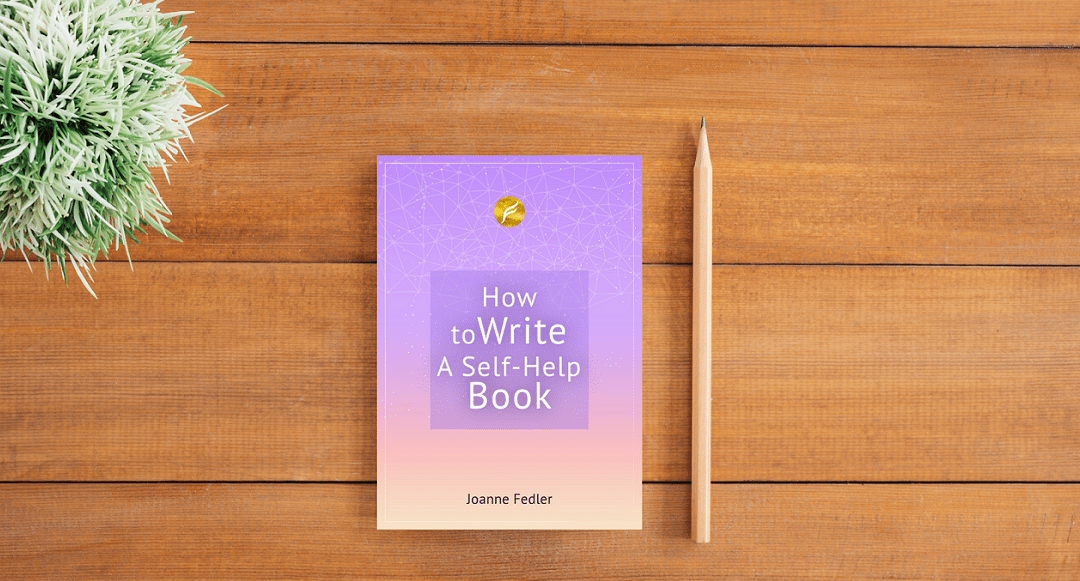
How to Write a Self-Help Book Guide
How to Write a Self-Help Book Guide
Our books will bear witness for or against us, our books
reflect who we are and who we have been….
By the books we call ours we will be judged.”
― Alberto Manguel
I’m a self-help book junkie.
I started reading them in my early twenties, and I’ve never stopped.
As soon as I finish one, I’m ready for the next. They’re like fries that way. Except without the guilt – in fact, they leave me on a high. When I read a book in which someone has figured out one of the many problems I’m facing (emotional, spiritual, psychological, financial, business, writing), I begin to feel the stretch of an emotional muscle; the flicker of light inside me as someone illuminates a path through my tunnel of darkness.
Self-help books help us solve problems.
They’re glorious because there are as many ways to solve a problem as there are human natures and perceptions. That’s why every single one is different – because as the poet Mark Nepo writers, ‘If I’d experienced different things, I’d have different things to say.’
A self-help book is a wise guide by someone who has already walked the path I am stuck on. They point out to me where I am stumbling. They tell me stories that show me how others healed, worked through the pain, survived, overcame. I put one down, and I sigh. “I will get through this problem. I see it can be done.”
But there are good self-help books and there are poor ones.
Author Potential Profile Assessment
Discover your hidden strengths as well as the areas you need to build on to become an author.
What distinguishes a great self-help book from a crap one?
I’ve analyzed the hundreds of self-help books I’ve read and worked out that there are two fundamental issues an author must address, and that, for each of those, there are eleven areas an author must tackle to ensure the book does what it’s meant to do.
And I’ve created a guide for anyone who is writing or who wants to write a self-help book called How To Write A Self-Help Book – ingenious title, right? But the first lesson of a great self-help book is just this – keep your message simple – make sure your book tells people what problem you are solving for them in the title.
I break the process down into reflection questions, structure, storytelling, methodology and I share my framework for writing a well structured, engaging self-help book that shares your insights in a way that turns the personal into the universal.
Because if you’re going to take the time to help people, make sure you write the best book you can. Your book can – and should – change people’s lives.
We all have life experience and wisdom to share. We’re all wiser, braver and more talented than we know or give ourselves credit for.
So, here’s a question for you: what do you know about (life, love, failure, health, parenting, divorce, marriage, fitness, money…. or anything you’ve gained great experience or insight in) that you could pass on to others? And what if you put it in writing as a gift to others?
If the idea excites you, you can purchase my How To Write A Self-Help Book Guide here for $19.95 which will walk you through the process, step by step.
So many of us have hidden insights and wisdom that remain locked inside us. By writing a self-help book, you gift these treasures to others and leave a legacy.
How To Write A Self-Help book will show you how to turn your lived experience into a meaningful narrative that serves humanity. I don’t know of a better way to honour the life each of us has lived.
My hope is that this guide makes the process easy, exciting and accessible to you.

Joanne Fedler
Author, writing mentor, retreat leader. I’m an internationally bestselling author of nine books, inspirational speaker and writing mentor. I’ve had books published in just about every genre- fiction, non-fiction, self-help, memoir – by some of the top publishing houses in the world. My books have sold over 650 000 copies and have been translated in a range of languages. Two of my books have been #1 Amazon bestsellers, and at one point the German edition of Secret Mothers’ Business outsold Harry Potter- crazy, right?



